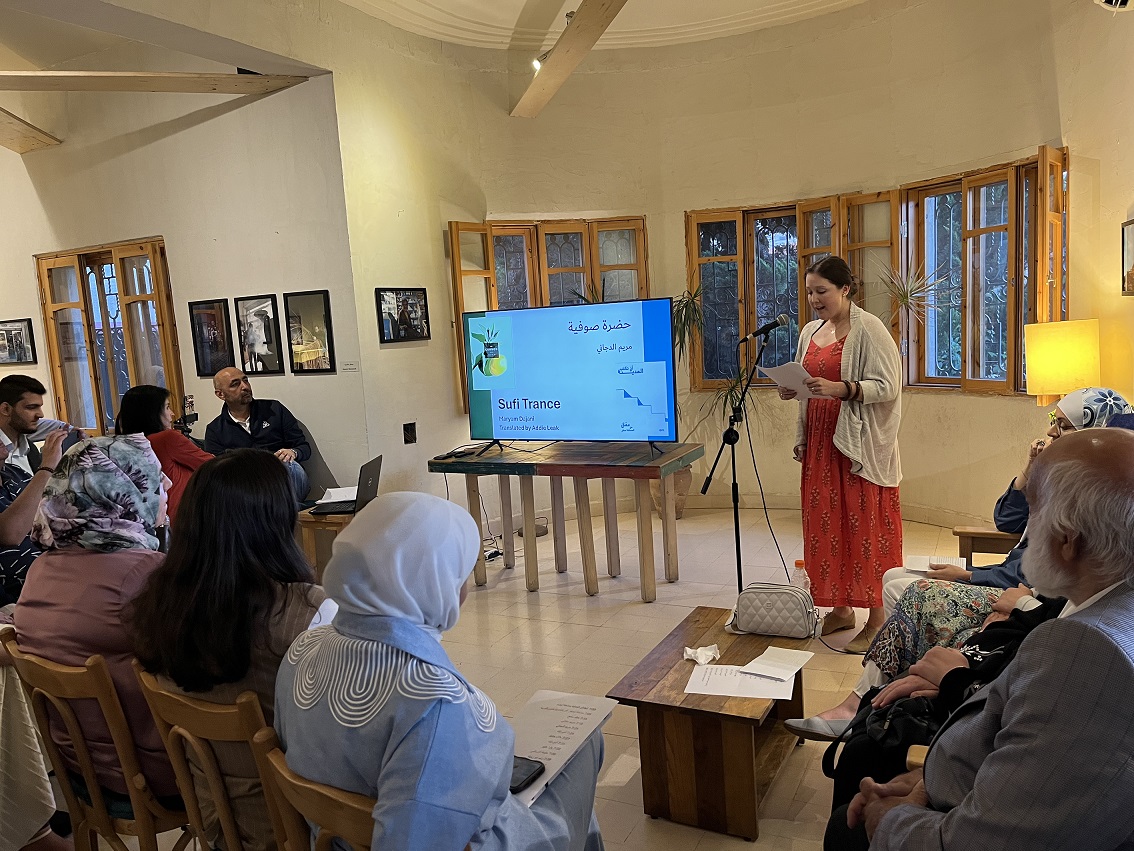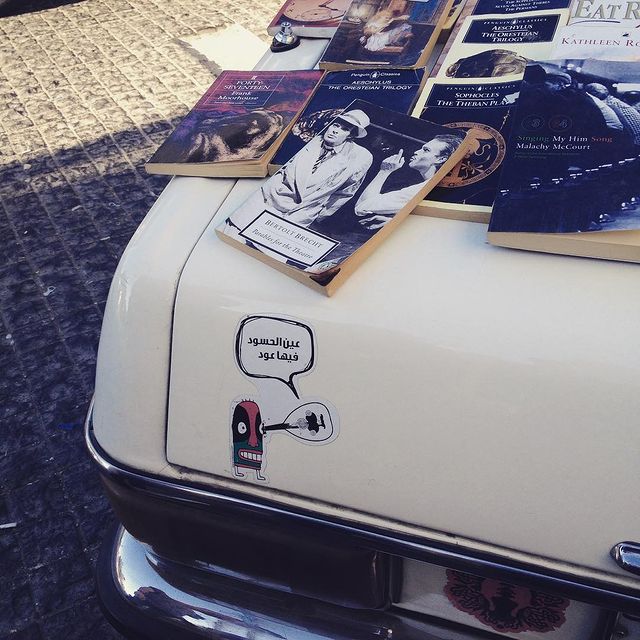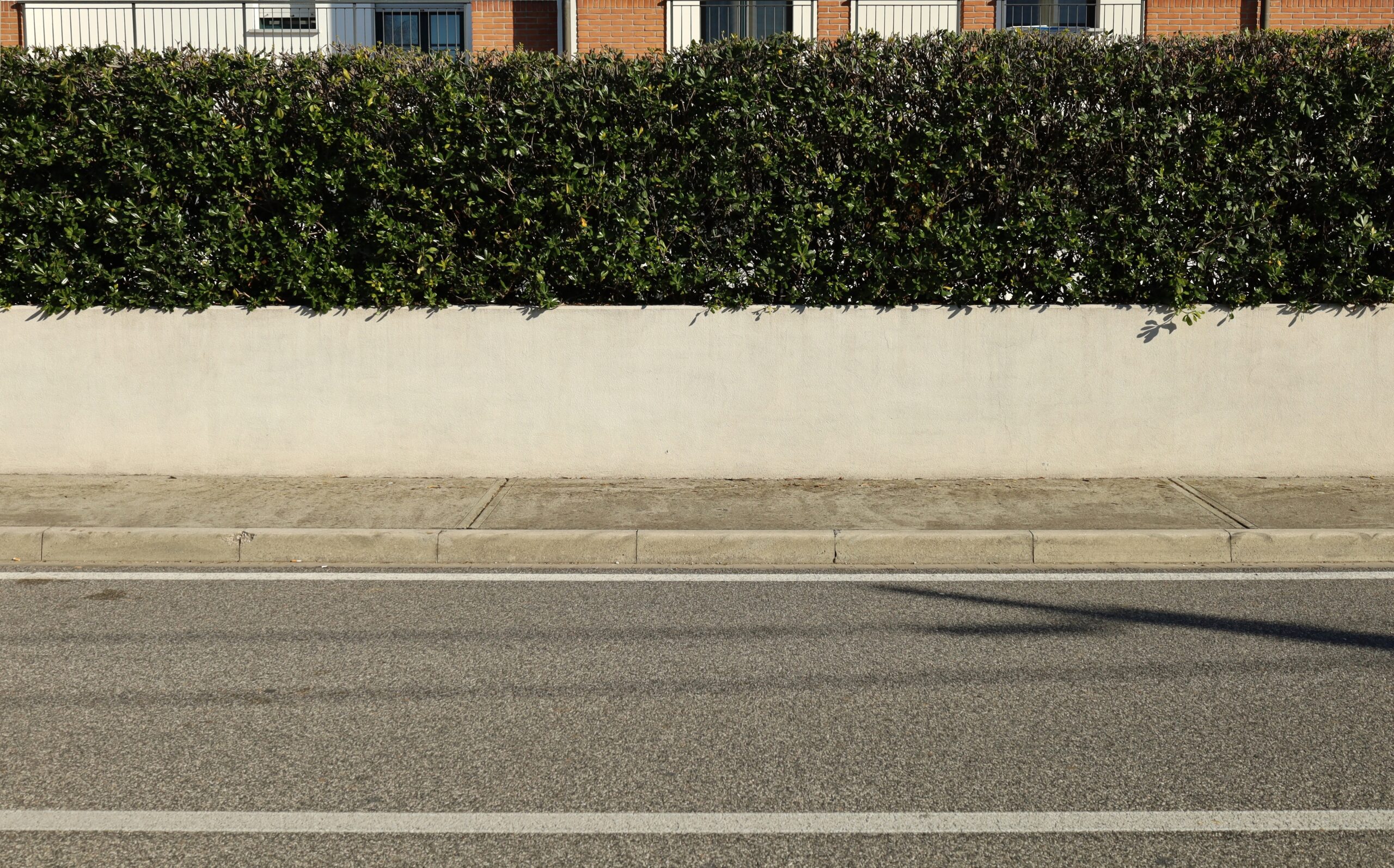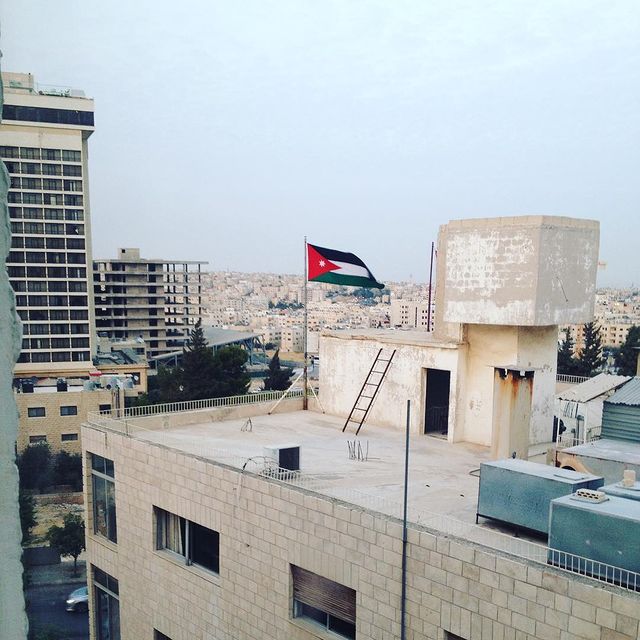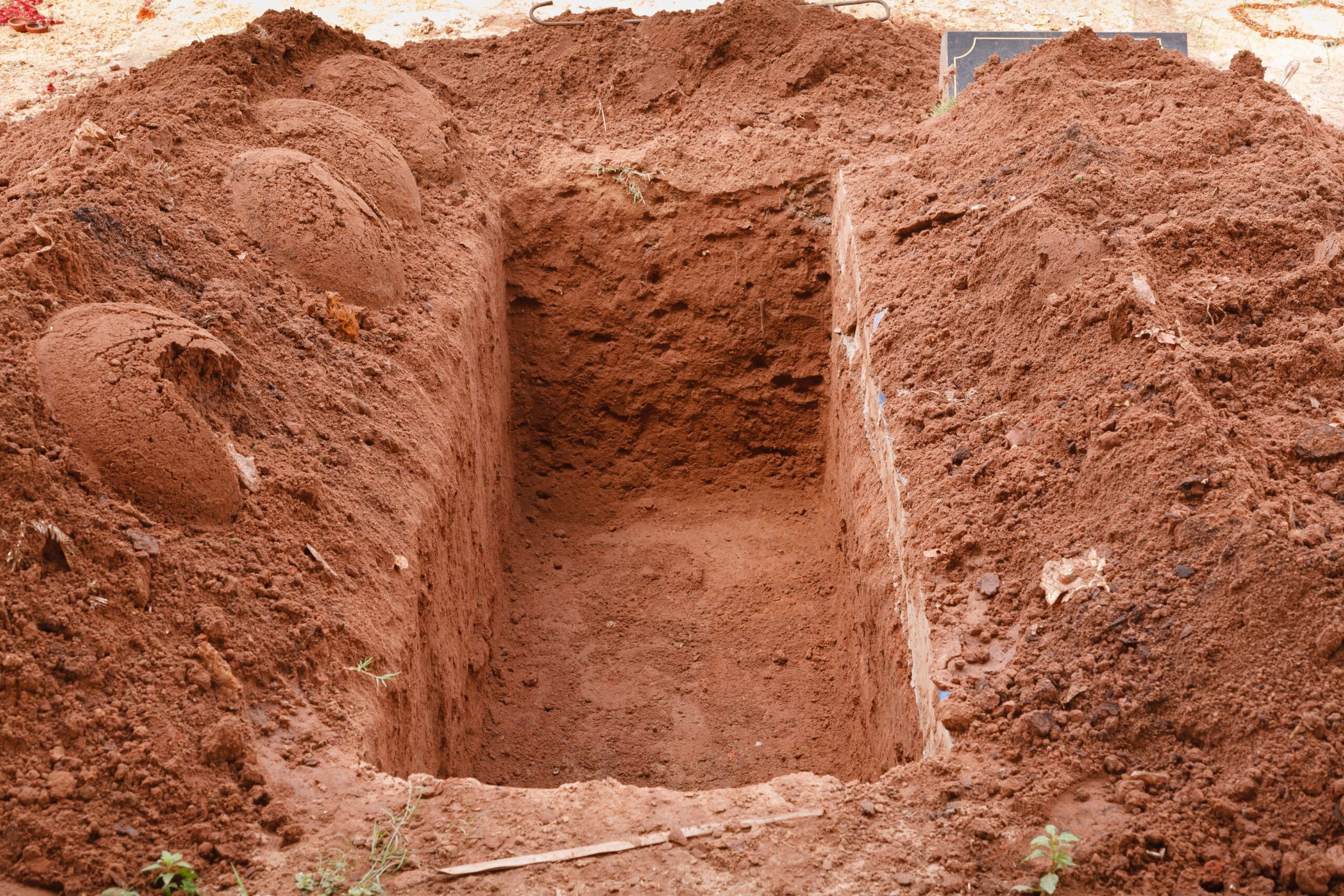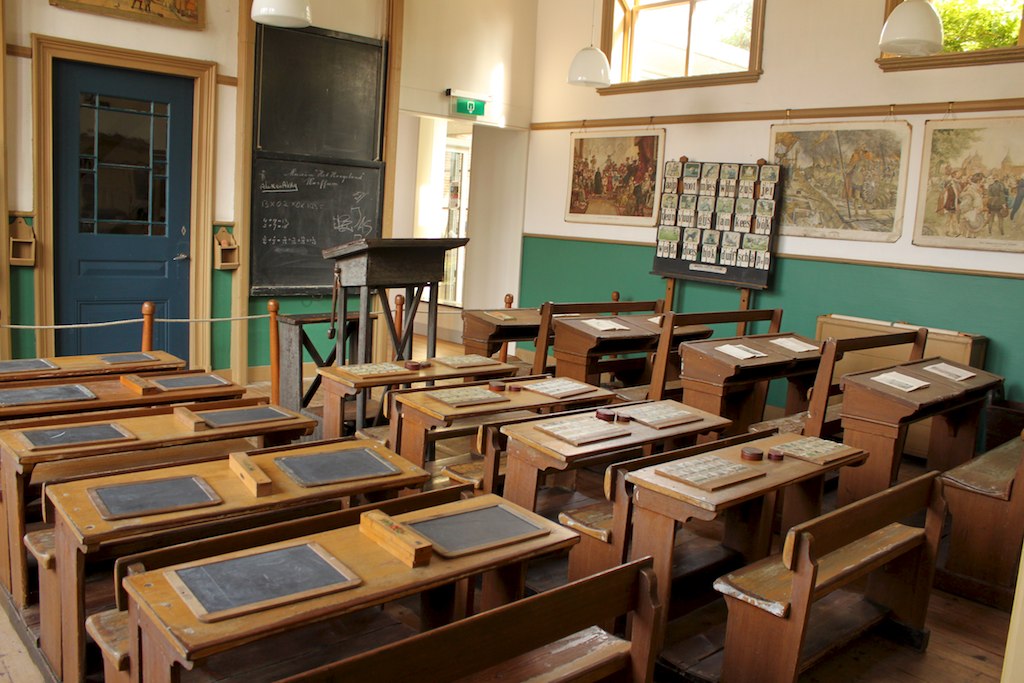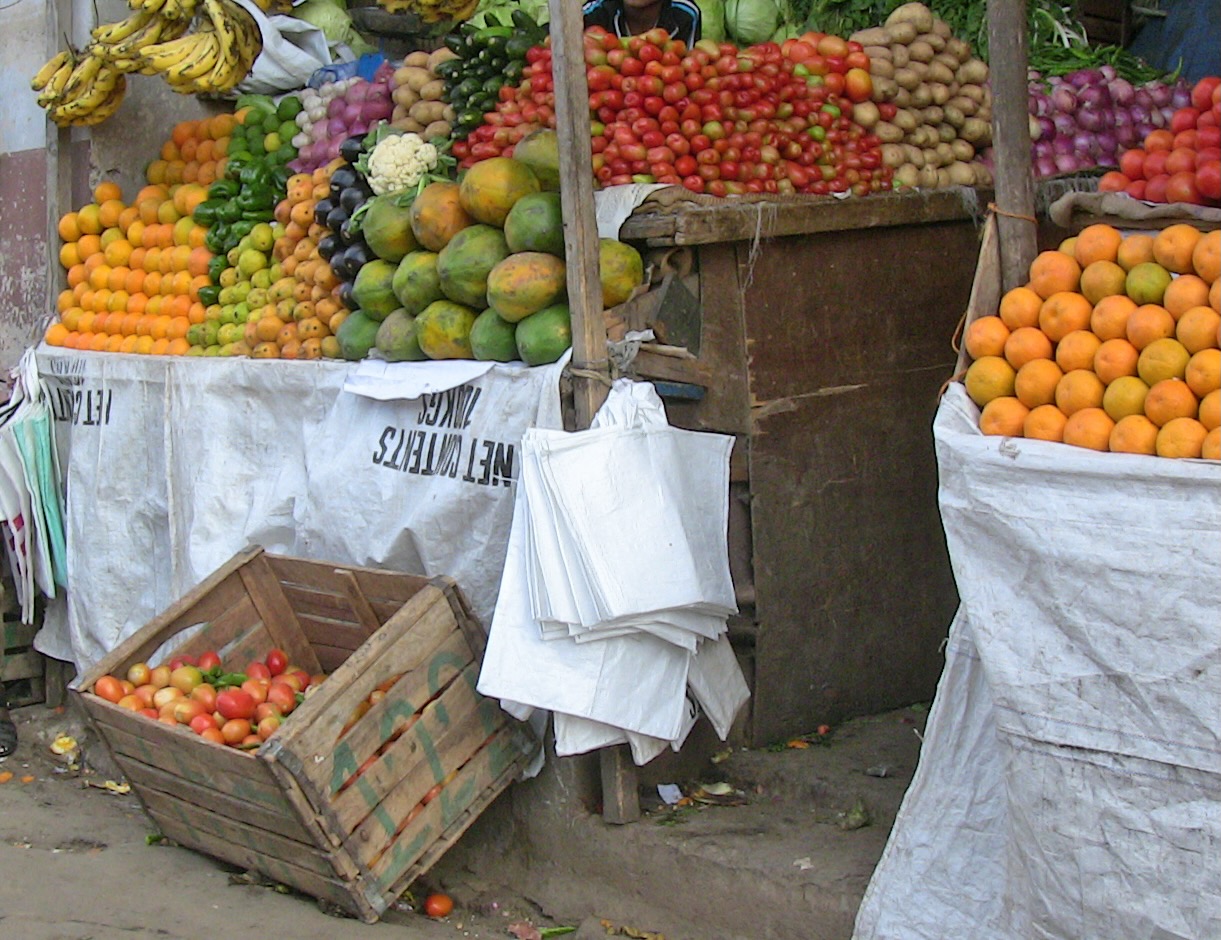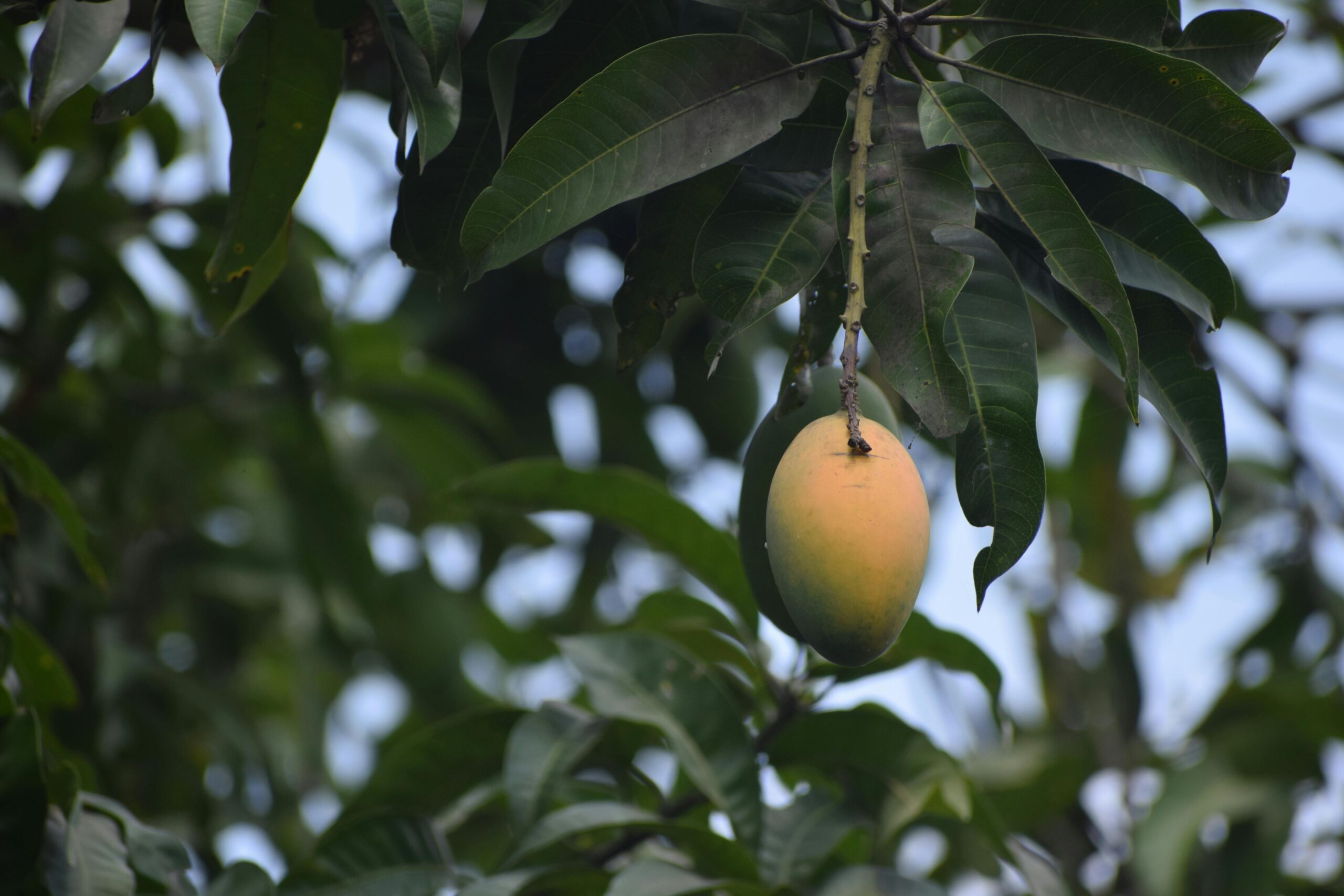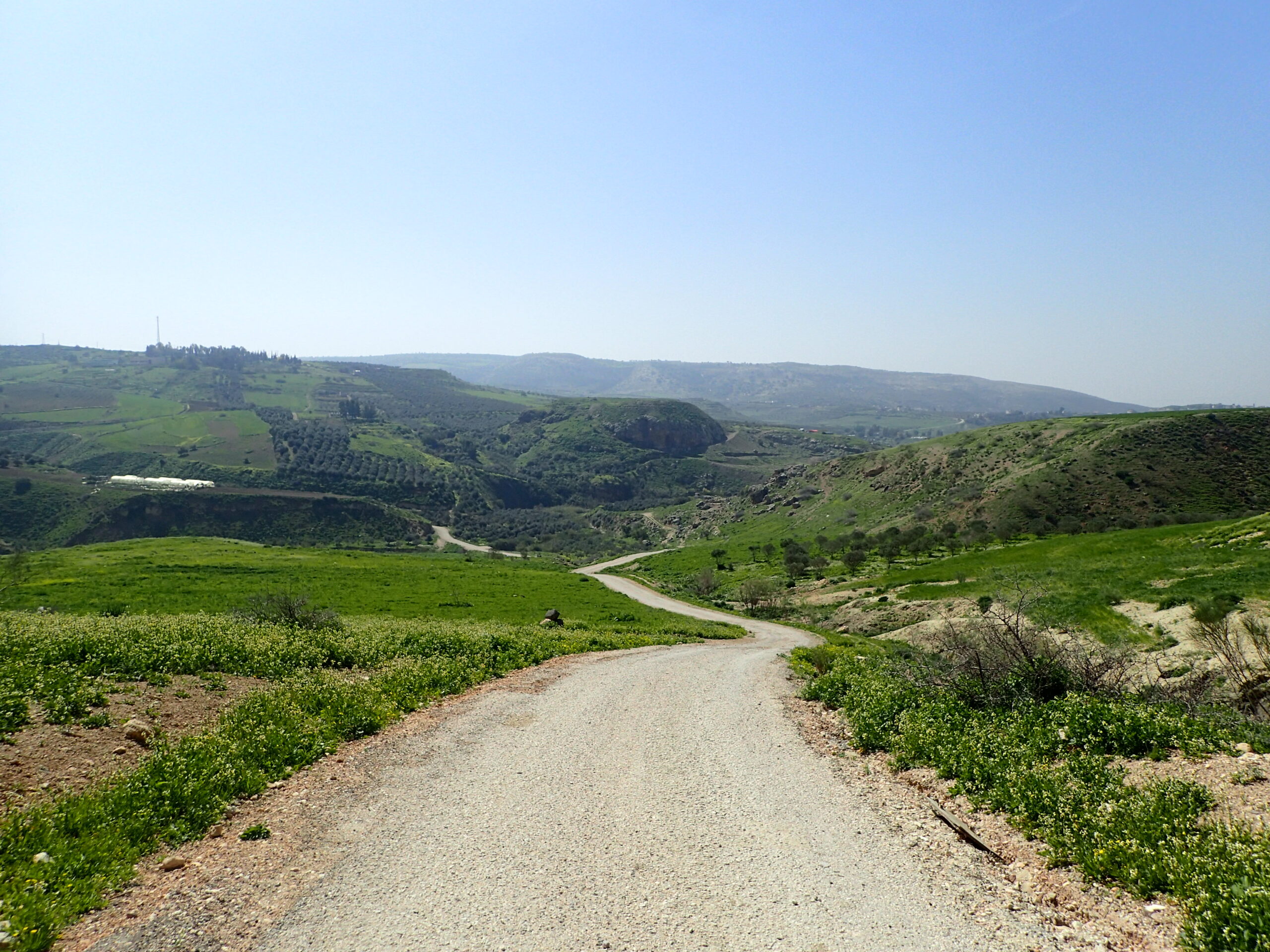This May, contributors featured in The Common’s latest issue, Issue 29, gathered in Amman to read their work. The event was organized by HISHAM BUSTANI, guest editor of the issue’s Amman portfolio, to celebrate the portfolio’s publication by creating a space where these writers could share their pieces aloud. Having translated many of the featured pieces, ADDIE LEAK read excerpts from her work. HALEEMAH DERBASHI, author of the enigmatic essay-portrait of Amman, “Serious Attempts at Locating the City,” was interviewed about the event by the University of Jordan Radio. HUSAM MANASRAH, whose photos artfully capture the practices of various tradespeople in Amman, spoke to Aljazeera after the reading.
All posts tagged: Addie Leak
Wandering
By ALA JANBEK
Translated by ADDIE LEAK
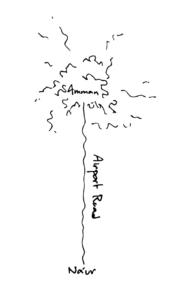
Amman was culture, colorful walls, and distant souqs in the old city where Mama tried to buy everything we needed in one trip. Na’ur was where my grandfather built the mill near a spring, where our home by the hill watches the sun set behind Palestine, far from the chaos of the valley.
Sidewalks of an Anxious City
By HAIFA ABUALNADI
Translated by ADDIE LEAK
Deferred Migration
Amman is a city of deferred migration with no hope of arriving, depression with no hope of recovery, and the scam that is returnees’ dream of connection. Amman isn’t mine. Because I’m the daughter of parents who left for a time.
When I was just a girl in braids, my hair already settled into its center part, I would walk along the beaches of the Gulf near our house in Mina al-Zour, on the border between Kuwait and Saudi Arabia. The Kuwaiti desert stung my feet with its extreme heat and cold. I went to a primary school with only four grades. It had a small pen that held rabbits, two sheep, chickens, and a rooster. On the right side were “barracks” where we had art and vocational classes, and on the left were barracks housing a female nurse and doctor who rarely had office hours. “Home” meant both school and home, and the hugs followed me wherever I went; my mother was with me constantly, day and night. She was a supervisor at the school, and I was her pampered little girl. The other students watched me with envy. My friends were all teachers’ daughters, and we were spoiled: we were given small gifts and made members of the Library Committee, the Scouts, the gymnastics team, and more. The population of Mina al-Zour was scant, so there weren’t many girls at the school.
Sufi Trance
By MARYAM DAJANI
Translated by ADDIE LEAK
I’m leaving Abdoun after having sushi at Noodasia, heading toward Airport Road. The traffic light in front of me turns red, and all I have to do is step on the brakes… but where are the brakes? Are they on the right, or is that the gas? I’m getting closer to the light, cars are stacking up in front of me, what do I do? Is the pedal on the right or left?!
I wake up.
My car: a room of my own with glass walls open to the world. One that makes me feel free and independent, when, in truth, I’m public property.
Driving isn’t my time for reflection anymore. Ever since I started using GPS for everything—even finding the shortest route to places I know well—I’ve gotten too busy trying to shave a minute or two off the drive to think. Too busy following the blue line.
Morning Light
By JEMAL HUMED
Translated by ADDIE LEAK
The piece appears below both in English and the original Arabic.
For the fighter Taha Mohammed Nur [1]
1
The hallway is cold and disquieting, lined with austere doors marked with consecutive numbers, giving no indication of their occupants.
The corridor is never-ending, leading to a room at its end whose grand entryway, formidable and rigid, seems to surveil the movement of the other doors.
He stood in front of it and straightened his service uniform. He took deep breaths, as if to expel the fear that had accumulated between his ribs on this particular morning inside the prison.
A Cause Postponed
By SIMON ABRAHAM ODHOK AKUDNYAL
Translated by ADDIE LEAK
The teacher, Ms. Nyiboth, was tenderhearted and gorgeous, with a small, proud beauty mark on the bottom of her left cheek. Her features added to her charm, and as for her voice, it had some hidden magic; whenever we heard it, we were tickled by a kind of madness that made us go still and quiet, as if a gentle breeze had blown through the class. I remember the time fate smiled on me and I got a perfect score on that month’s test; you wouldn’t believe how happy I was when Nyiboth came close and patted me encouragingly on the head. Her hand was soft, her warm touch enveloped me, and there are no words for how I felt; it gave me goosebumps. And now here I was, being beaten like a mangy donkey in front of her. How degrading!
A Slippery Coffin
By AHMED SHEKAY
Translated by ADDIE LEAK
I hear a sound at my apartment door, and I just know it’s her. I follow her down the stairs. As I put my left foot onto the first step, I see the tips of her curls as she rounds the bend and, a moment later, glimpse her sneakered left foot as she takes her final step between the stairs and the exit. Then she’s swallowed up by the trees in the Ostpark. I tell myself, Good for Ababa, getting some morning exercise, and run after her, looking for her among the trees and in the forms of the other people out jogging. Every time I see a thick derrière, I’m sure it’s her and no one else, but when I get close, they start looking nervous, fear visible in their eyes, and jump out of my path. It takes me a full hour of looking to figure out why they’re acting this way, at which point, I’ve almost frozen from the cold. My breath has left frost on the tip of my nose, my tongue is parched, and I begin to cough violently. But I have absolute faith that she knocked on my apartment door and then ran away: Who else would do that? She’s the only visitor I’ve been wanting.
Human Trees Are Not Moved by Wind
By ADAM YOUSSOUF
Translated by ADDIE LEAK
The Mango Garden
Birds of prey circled in the distant sky, watching the Earth’s surface: nothing, just warm air and a hot sun that spilled its rays angrily, recklessly. Sando jumped over a stream of dirty water and walked briskly down the road until he saw a group of young boys squatting on the road, defecating on piles of filth. He paid them no heed and continued a bit farther, where he saw another group playing football, bathed in thick dust, creating a commotion as they ran after their small ball. They yelled excitedly, calling each other after famous footballers, bellowing frenzied orders and laughing. One boy whimpered over his scraped knees, and others stood outside the circle, cheering and whispering.
Translation: Excerpt from In Anne Frank’s House
By MAHA HASSAN
Translated from the Arabic by ADDIE LEAK.
Piece appears below in both English and Arabic.
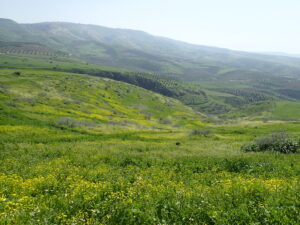
Translator’s Note:
When In Anne Frank’s House (Al-Mutawassit, 2020) was published, it was met with near radio silence—a strange reaction to a new book by a celebrated author. In an interview I conducted with Hassan in fall 2021, she suggested that this reaction was one of fear. The fact that many in the Arab world conflate Judaism with Zionism—and Israeli oppression—means that writing about a young Jewish martyr like Anne Frank was automatically taboo, and any response to Hassan’s book would be wading into murky waters. Hassan was accused of writing about Anne Frank to court international favor, and the memoir was automatically labeled as political. In my later attempts to locate a publisher for the English translation, I came across a similar hesitation and mistrust—concern, among other things, that an author from an Arab country might not treat Anne Frank with the respect she deserves.
